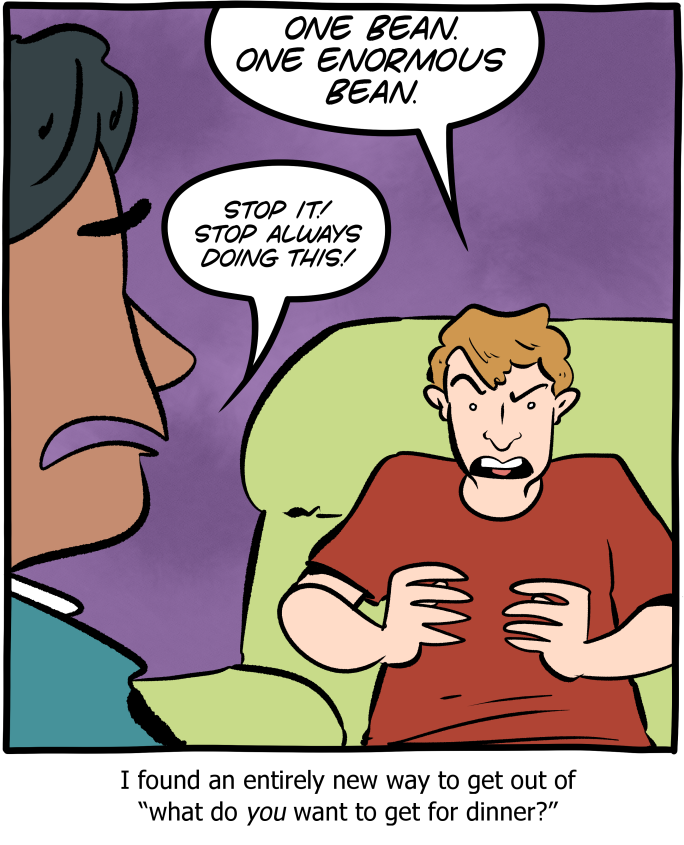Thanks for helping me remember watching Occupy Wall Street and Arab Spring fail :-(
Mniot
Well put. I definitely feel this way.
It's not working, but I can at least see where they're coming from right? In the not-too-distant past, there was very high inequality and we got the French Revolution and several Communist revolutions. What's different now?
(My assumption is the state power is much greater now, so regimes like North Korea, Iran, Belarus, etc are able to hold power despite making their people unhappy.)
There's a lot of externalizing of costs going on. The trucks are idling because the drivers are operating at the slimmest possible margin under the assumption that idling doesn't cost anything.
What we actually would want to get to is that idling does have a cost (environmental, health, pleasantness of the area, etc). And that cost ought to be passed up the chain so that the various goods being shipped are more expensive.
But without a more centrally-managed economy, the implementation is to put all the pressure on the truck drivers and leave them responsible for passing that pressure to the next step up the chain. It doesn't work out very well in practice because the drivers need to make a bunch of capital expenses for something like adding a cab AC and adding a batter-powered lift, but they've been operating at low margins so they're not in a position to do it.
A year ago, I saw some local work being done on city pipes. The team was using a bot with three telescoping radial wheeled legs like
\ /
\ /
O
|
|
and wheels at the end of each leg. They put it in one end of the pipe, extended the legs so the wheels touched, and then drove it around in the pipe.
It was a welding device, so they could do spot-fixes from the inside.
I think key context is that the guy is representing himself as having special knowledge about what Signal is doing internally and what they'll do next.
It's not "you bump into some rando on the street. Don't you know she's CEO of Signal??"
It's "you're giving a Ted Talk about Signal. The woman in the front row offers a correction and you're like, 'shut up, dummy.'"
I'm downvoting because of your edit complaining about down-votes.
The current state of things is that they cover their faces and refuse to give any ID. Even fake ID.
I think if you followed the post suggestion and the result was that ICE would give fake names and fake badge-numbers, that would actually be positive because "agents lie about their identity" is something new and interesting. Then the strategy will need to change, but in the mean time it was useful.
Iran's not shooting missiles in defense of Palestine, just in retaliation for Israel shooting at them.
But there's certainly a level of "oh, is blowing up an apartment building a bad thing? Then WTF have you doing???"
This is good advice for all tertiary sources such as encyclopedias, which are designed to introduce readers to a topic, not to be the final point of reference. Wikipedia, like other encyclopedias, provides overviews of a topic and indicates sources of more extensive information.
The whole paragraph is kinda FUD except for this. Normal research practice is to (get ready for a shock) do research and not just copy a high-level summary of what other people have done. If your professors were saying, "don't cite encyclopedias, which includes Wikipedia" then that's fine. But my experience was that Wikipedia was specifically called out as being especially unreliable and that's just nonsense.
I personally use ChatGPT like I would Wikipedia
Eesh. The value of a tertiary source is that it cites the secondary sources (which cite the primary). If you strip that out, how's it different from "some guy told me..."? I think your professors did a bad job of teaching you about how to read sources. Maybe because they didn't know themselves. :-(
I think it was. When I think of Wikipedia, I'm thinking about how it was in ~2005 (20 years ago) and it was a pretty solid encyclopedia then.
There were (and still are) some articles that are very thin. And some that have errors. Both of these things are true of non-wiki encyclopedias. When I've seen a poorly-written article, it's usually on a subject that a standard encyclopedia wouldn't even cover. So I feel like that was still a giant win for Wikipedia.

Thanks for the thoughtful reply. It's good to see a hopeful take on the world trajectory!